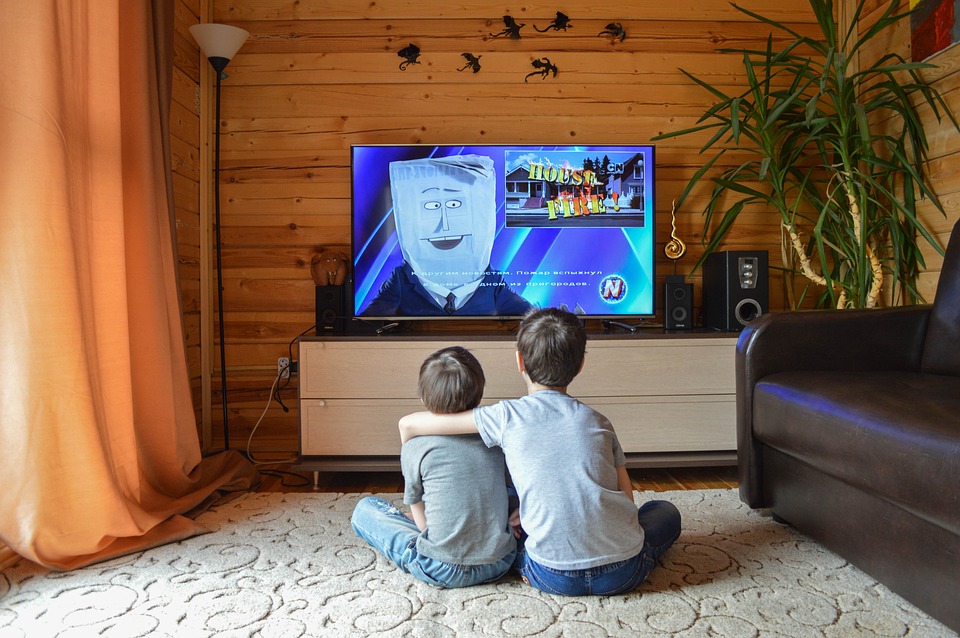The Impact of Television Hosts on Public Opinion
Television hosts have long been a powerful force in shaping public opinion and influencing culture. From the early days of television with hosts like Edward R. Murrow to modern-day influencers like Oprah Winfrey and Ellen DeGeneres, these personalities have the ability to reach millions of viewers and sway their opinions on a wide range of topics.
One of the main reasons why television hosts have such a strong influence on public opinion is the fact that they are seen as trusted sources of information. Viewers often tune in to these shows because they feel a personal connection to the host and trust their judgment. As a result, when a host takes a stance on a particular issue or presents a certain point of view, their audience is more likely to take that information to heart and incorporate it into their own beliefs.
In addition to being seen as trusted sources, television hosts also have the power to shape public opinion through the content they choose to cover on their shows. By highlighting certain stories or topics, hosts can raise awareness about important issues and spark conversations that may not have otherwise taken place. For example, when a talk show host devotes an entire episode to discussing climate change or racial inequality, they are not only informing their viewers about these issues but also encouraging them to think critically and engage in meaningful dialogue.
Furthermore, television hosts have the ability to challenge societal norms and push boundaries when it comes to cultural attitudes and beliefs. By showcasing diverse perspectives and giving a platform to marginalized voices, hosts can help shape a more inclusive and tolerant society. For example, when a late-night talk show host invites a transgender activist to share their story or features a segment on LGBTQ rights, they are not only educating their viewers but also fostering empathy and understanding.
The Role of Television Hosts in Shaping Culture
Television hosts play a crucial role in shaping culture by showcasing trends, influencing popular opinion, and providing a platform for artists and performers to showcase their work. From music and fashion to politics and social issues, hosts have the ability to set the tone for what is considered popular or mainstream in society.
One of the ways in which television hosts shape culture is through their interviews and interactions with celebrities and public figures. By giving these individuals a platform to share their thoughts and opinions, hosts can amplify their voices and influence the public perception of these personalities. For example, when a late-night talk show host interviews a popular actor about their latest film, they are not only promoting the movie but also shaping the narrative around that actor’s career and public image.
Additionally, television hosts have the power to introduce new ideas and perspectives to their audience that may not have been previously considered. By featuring diverse guests and covering a wide range of topics, hosts can expand their viewers’ horizons and challenge them to think outside of their comfort zones. For example, when a daytime talk show host explores different cultural traditions or highlights innovative new technologies, they are helping to shape a more informed and open-minded society.
Furthermore, television hosts can also use their platform to advocate for social change and mobilize their viewers to take action on important issues. By using their influence to raise awareness about injustices or inequalities, hosts can inspire their audience to get involved in causes that are meaningful to them. For example, when a television host partners with a non-profit organization to raise funds for a charity or rallies support for a political campaign, they are leveraging their platform for positive social impact.
The Future of Television Hosts in an Evolving Media Landscape
As the media landscape continues to evolve with the rise of social media and streaming platforms, the role of television hosts in shaping public opinion and influencing culture is also changing. While traditional television talk shows remain popular, hosts are finding new ways to connect with their audience and stay relevant in a digital age.
One of the ways in which television hosts are adapting to these changes is by leveraging social media platforms to engage with their viewers outside of their traditional TV shows. By posting behind-the-scenes content, interacting with fans, and sharing their thoughts on current events, hosts can maintain a strong presence online and reach a wider audience. For example, many late-night talk show hosts have active Twitter accounts where they live-tweet their shows and engage with viewers in real-time.
Furthermore, television hosts are also expanding their reach by branching out into other forms of media such as podcasts, documentaries, and books. By diversifying their content and exploring new formats, hosts can appeal to audiences who may not regularly watch television but are interested in their unique perspectives and insights. For example, many television hosts have launched successful podcasts where they interview guests and discuss topics that may not be covered on their TV shows.
In conclusion, television hosts have a powerful influence on public opinion and culture by serving as trusted sources of information, challenging societal norms, and advocating for social change. Through their interviews, interactions, and content choices, hosts shape the narrative around important issues and influence the attitudes and beliefs of their viewers. As the media landscape continues to evolve, hosts will need to adapt to new technologies and platforms to stay relevant and continue making a positive impact on society.
